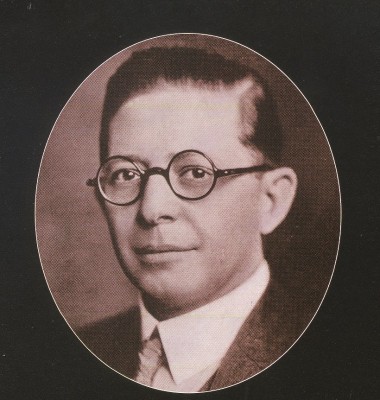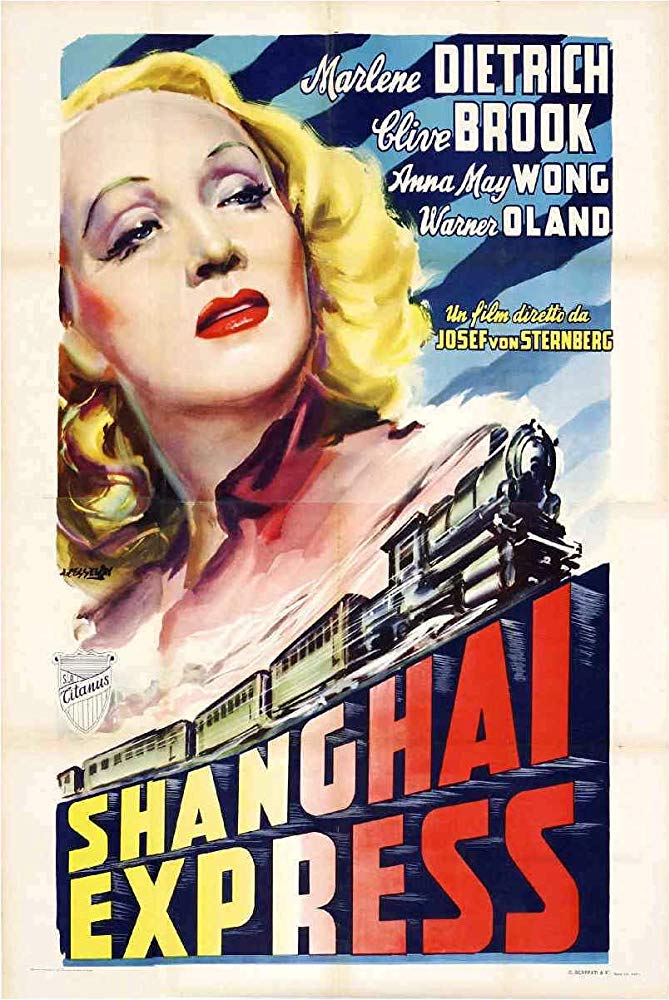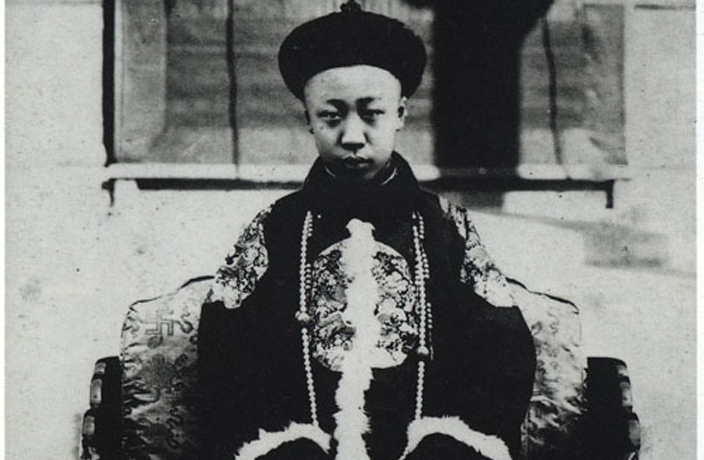In the early morning hours of May 6, 1923, a booming blue-colored express train traveling from Nanjing to Tianjin began its approach to Lincheng, today known as Xuecheng, in Shandong Province.
The ‘Blue Express’ was China’s first all-steel train, and was purchased new from the United States. On the morning in question, the train was carrying 200 Chinese passengers and over 30 foreign journalists, political figures and entrepreneurs from the US, UK, France and Italy – among other nations – all bound for Shandong to witness the inauguration ceremony for an embankment on the Yellow River.
At around 3am, the locomotive and its passenger carriages derailed after running into a purposely dismantled section of the rail track. After the train was toppled, a group of bandits began scouring the twisted wreckage, robbing and kidnapping passengers.
Among them were John B. Powell, editor for China Weekly Review (previously named Millard’s Review of the Far East); Carl Crow, a journalist and newspaper proprietor who lived in Shanghai; and Lucy Aldrich, the daughter of a US senator and sister-in-law of American financier John D. Rockefeller Jr.

J.B. Powell. Image via AmCham Shanghai website
When news of the toppled train and the hostages reached the public later the same day, the incident became an international sensation.
Five foreign embassies in China began pressing the government in Beijing to accede to the bandits’ demands and to have the foreigners being held released within three days.
The incident would later become known as the Lincheng Outrage, or the Lincheng Train Heist 临城劫车案 Lin Cheng Jie Che An in Chinese.
The man behind the train derailment and kidnapping scheme was Sun Meiyao, a 25-year-old former soldier who had formerly served under Hunan-based warlord Zhang Jingyao.
Sun had also previously helmed the Shandong Autonomous Army, a motley crew of poor farmers, former soldiers and recruits of the Chinese Labor Corps by the British and French during WWI, to clear the dead from European battlefields.
Sun was – and remains – one of the most notorious bandits of what historians call the Warlord Era, the chaotic period that followed the collapse of the Qing Dynasty in 1911.
When negotiations began with Sun, the bandit leader’s main demand was for 3,000 bandits under his command to be incorporated into the national army based in Shandong.
Below, an excerpt from Warlord Soldiers, a book by Canadian historian Diana Lary, addressing Sun’s grievances:
“This is to notify the facts that we have hitherto been law-abiding citizens and that we have no desire to become robbers, but in this troubled era of unreliable government we find ourselves compelled to take risks in order to obtain redress for our grievance.”
The hostages were kept for 37 days on Pao Tzu-ku hill, today an AAAA tourist attraction located 23 kilometers from Zaozhuang, Shandong.
Finally, terms were agreed to between Beijing and the bandits. On June 13, 1923, all of the foreign hostages were safely returned to Shanghai, with the exception of one British person who was killed during the hostage roundup after the ‘Blue Express’ derailment.
Sun got what he wanted, but not for long. He became the commander of the added 11th Brigade of the Shangdong Army, which was comprised of his bandit followers. However, in the winter of 1923, Sun was murdered at dinner.
Image via Baidu
Although the Lincheng Outrage took place before the days of television, the foreign hostages’ fame, and the fortuitous capture of Powell – who provided reports directly from the bandits’ lair – made this a media event beyond China.
 Shanghai Express' Marlene Dietrich and Anna May Wong
Shanghai Express' Marlene Dietrich and Anna May Wong
The incident is also credited as the inspiration for the 1932 American film Shanghai Express (which you can read all about here) and Let the Bullets Fly, a hit Chinese film released in 2010.
READ MORE: TDIH: The Controversy of Anna May Wong's Shanghai Express

Image via IMDb
Click here for more history stories.
[Cover image via Baidu]






















0 User Comments